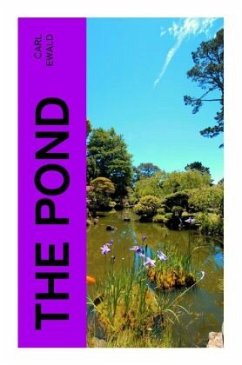In "The Pond," Carl Ewald masterfully weaves a rich tapestry of life through his nuanced exploration of human emotions and nature's interplay. Set against the backdrop of a serene yet enigmatic pond, the novel delves into themes of solitude, introspection, and existential contemplation. Ewald's lyrical prose and vivid imagery invite readers to reflect on the transient beauty of life, offering an intimate portrayal of the characters' internal struggles as they navigate love, loss, and the passage of time. This work is situated within the broader context of early 20th-century literature, where naturalism and modernist elements converge to heighten the reader's engagement with the narrative. Carl Ewald, a Danish author and poet, drew inspiration from his own experiences with nature and a profound affinity for philosophical inquiry. His background in law and his travels across Europe allowed him to develop a keen observational skill, which he adeptly applies to his writing. Ewald's literary influences, including the likes of Søren Kierkegaard, are evident in his intricate examination of the human psyche and its connection to the environment. I highly recommend "The Pond" to readers seeking a thoughtful and immersive experience that challenges them to ponder the complexities of existence. This work not only captivates with its stylistic elegance but also resonates with anyone interested in the intersection of nature and profound introspection.
Bitte wählen Sie Ihr Anliegen aus.
Rechnungen
Retourenschein anfordern
Bestellstatus
Storno








